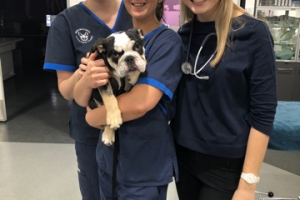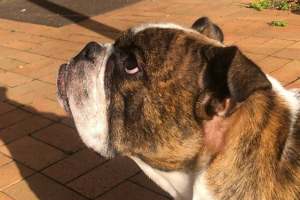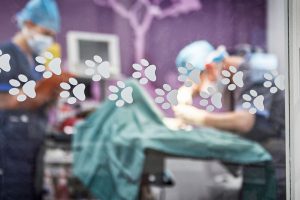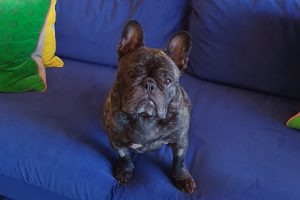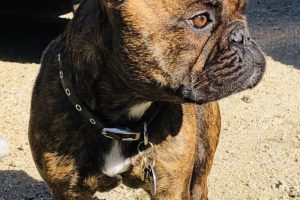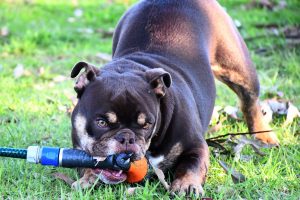Hypoplastic Trachea
This condition, extremely prominent in British Bulldogs in particular (up to 50% in some studies), causes immense suffering in many dogs, from euthanasia in puppies when extreme, to just increasing levels of respiratory concerns depending on the degree of hypoplasia an individual may have.

